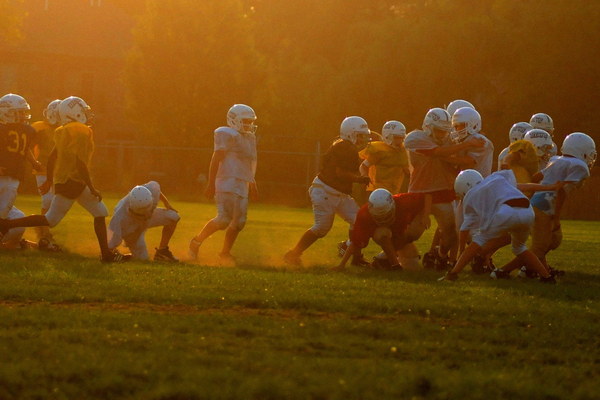Nurturing Your Dogs Recovery A Comprehensive Guide to PostCanine Distemper Care
Canine distemper is a highly contagious and potentially deadly virus that affects dogs of all ages. If your furry friend has been diagnosed with this illness, it's crucial to provide them with the right care and support to ensure a full recovery. This article offers a comprehensive guide to post-canine distemper care, focusing on the essential aspects of nurturing your dog's body and well-being.
Understanding Canine Distemper
Canine distemper is caused by the Morbillivirus, which attacks the dog's immune system, leading to a range of symptoms, including fever, coughing, vomiting, diarrhea, and neurological issues. Early detection and treatment are vital to minimize the severity of the disease and improve the chances of recovery.
Post-Distemper Care: The First Steps
1. Seek Professional Help: As soon as your dog is diagnosed with canine distemper, it's essential to consult a veterinarian. They will provide a tailored treatment plan and monitor your dog's progress closely.
2. Isolation: Keep your dog isolated from other pets to prevent the spread of the virus. This includes avoiding visits to parks, doggy daycares, and other places where your dog might come into contact with other animals.

Nutritional Support
1. Balanced Diet: A well-balanced diet is crucial for supporting your dog's immune system. Ensure your dog is getting high-quality, easily digestible food that meets their nutritional needs.
2. Supplements: Your veterinarian may recommend certain supplements to support your dog's recovery, such as omega-3 fatty acids, probiotics, and vitamin supplements.
3. Hydration: Ensure your dog is drinking plenty of water. Dehydration can exacerbate symptoms and slow down the recovery process.
Physical Care
1. Gentle Handling: Your dog may be weak or disoriented, so it's essential to handle them gently. Avoid rough play or activities that could strain them.
2. Cleaning: Keep your dog's living area clean and disinfected to prevent the spread of the virus. Use pet-safe cleaning products to avoid further irritation to your dog's skin and eyes.
3. Medications: Your veterinarian may prescribe medications to manage symptoms and support recovery, such as anti-vomiting drugs, anti-diarrheal medications, and pain relievers.
Neurological Support
1. Physical Therapy: If your dog is experiencing neurological symptoms, such as weakness or seizures, physical therapy can help improve their mobility and muscle strength.
2. Stimulation: Encourage your dog to engage in gentle activities that promote mental stimulation, such as puzzle toys or gentle playtime.
Monitoring and Follow-Up
1. Regular Check-Ups: Keep your dog's veterinarian appointments to monitor their progress and adjust treatment as needed.
2. Vaccinations: Once your dog has recovered from canine distemper, it's essential to ensure they receive all necessary vaccinations to prevent future infections.
Conclusion
Recovering from canine distemper can be a challenging process, but with the right care and support, your dog can overcome this illness and return to their normal, healthy life. By focusing on their nutritional, physical, and neurological needs, you can help your furry friend make a full recovery. Always consult with a veterinarian for personalized advice and guidance throughout your dog's recovery journey.









